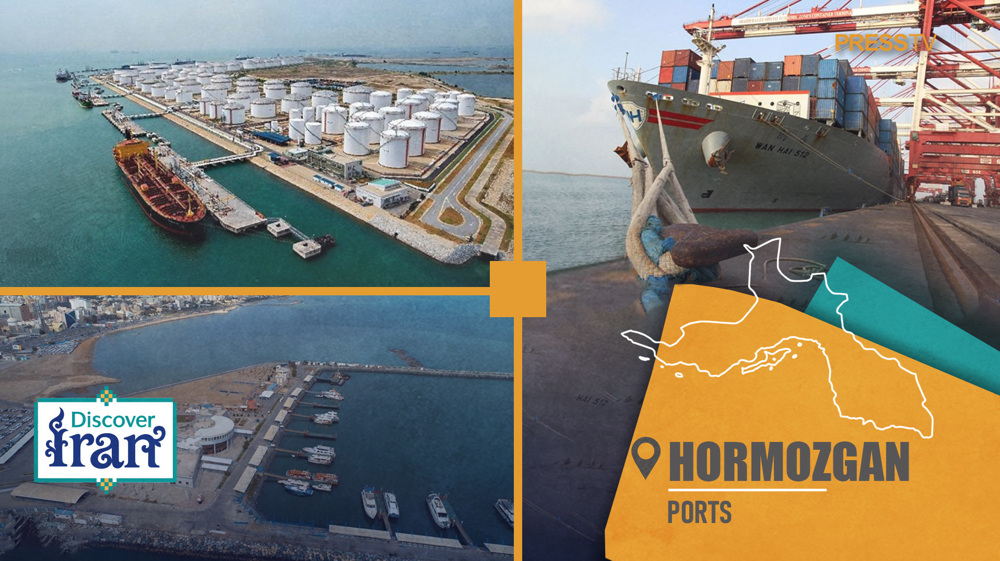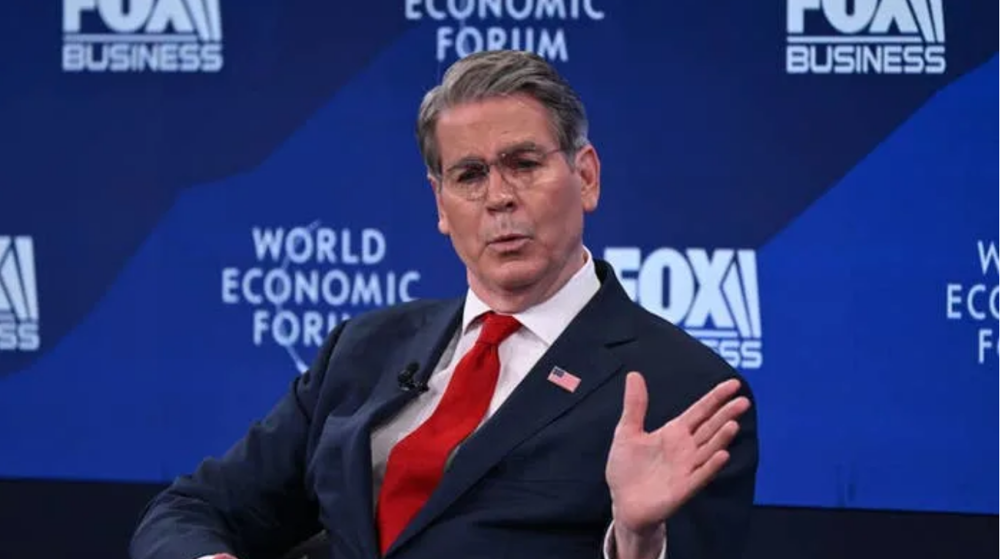Erdogan: Iran-Turkey trade to hit $30bn soon
Turkish President Recep Tayyip Erdogan sees trade with Iran hitting the $30 billion mark “soon” as the two regional powers are shoring up relations on multiple fronts.
“With the large-scale planning which is underway, we will soon reach the sum of $30 billion in trade transactions between the two countries,” the Turkish leader told Iran’s First Vice President Es’haq Jahangiri in Istanbul Friday night, the state news agency IRNA reported.
Jahangiri traveled to Turkey to attend a summit of Developing-8 countries, where the two countries’ central banks also formally agreed to trade in their local currencies.
Turkish Prime Minister Binali Yildirim said trading with local currencies would help improve economic ties through making dealings easier and increasing their volume and diversity.
The volume of trade currently stands at $10 billion, down from $22 billion in 2012, with intensified sanctions on the Islamic Republic being the main cause of the slump.
Since the lifting of the sanctions in January 2016, Iran and Turkey have stepped up efforts to boost bilateral trade and signed a number of bilateral agreements.
In August, the Turkish firm Unit International said it had signed a $7 billion agreement with Russia’s state-owned Zarubezhneft and Iran’s Ghadir Investment Holding to drill for oil and natural gas in Iran.

Turkey is the biggest purchaser of Iran’s natural gas and a major Iranian oil importer. Erdogan said on Friday his country is interested in buying more oil from the Islamic Republic.
According to Turkey’s Energy Market Regulatory statistics, the country imported 225,800 barrels per day of oil from Iran on average between January and April.
Iran is also Turkey's second-biggest supplier of natural gas after Russia and sells about 10 billion cubic meters a year of gas under a 25-year supply deal.
Earlier this month, President Hassan Rouhani said during a joint news conference with Erdogan in Tehran that Iran would pump more natural gas to Turkey as part of the Islamic Republic’s plans to expand economic ties with its neighbor.
“We are ready to increase our oil and gas exports to Turkey and guarantee the country’s need for energy,” Jahangiri said on Friday.
The Turkish president said the two countries needed to remove obstacles and use their joint potentials, experiences and capacities to improve their cooperation.

Jahangiri called for an expedited implementation of the agreement to use local currencies in bilateral trade and for the countries’ border terminals to offer 24-hour service, besides activating their private sectors and facilitating banking and customs processes.
“Iran and Turkey, as the two great countries of the region, have vast capabilities and capacities that should be used to develop and consolidate their relations,” he said.
The two countries are also cooperating on easing an economic stranglehold by Saudi Arabia and its allies on the Persian Gulf state of Qatar.
Turkey and Iran were quick to fly food and other commodities and then agreed on a land route to export goods to Qatar after the tiny country came under an economic blockade of Saudi Arabia, Bahrain and the United Arab Emirates in June.
On Friday, Iran’s Minister of Roads and Urban Development Abbas Akhundi said a trilateral transit agreement had been signed with Turkey and Qatar for transporting Turkish goods through Iran to the Arab state.
Ankara's U-turn
Turkey’s strained ties with the US and Europe have also prompted Ankara to swing to the side of Iran and Russia. Syria has become a platform for Ankara’s dramatic U-turn, where Turkey initially supported militants fighting to topple President Bashar al-Assad.

Turkey is now concerned that US operations in Syria and Iraq are empowering Kurdish militants who it says are closely linked to the insurgents in its southeastern regions.
In his talks with Jahangiri on Friday, Erdogan hit out at the West’s double standards in dealing with terrorist groups and underlined the need for coordination among other countries to confront the global menace of terrorism, IRNA said.
“Iran and Turkey, by standing together, will definitely succeed in the fight against terrorism, which calls for cooperation in this field to expand,” he said.
Trump tells India to buy Venezuelan oil instead of Iranian crude
UAE 'spy sheikh' invested in Trump-linked firm before his inauguration: Report
From Iraq war crimes to Gaza’s ‘board of peace’: Why Tony Blair belongs in The Hague
Iran considers European armies as terrorist groups: Parliament speaker
VIDEO | Arrests at Palestine demonstration in Frankfurt
Trump ‘disappeared’ 12-year-old girl, threatened to disappear another: Report
#IR47: How Iran’s Islamic Revolution continues to inspire anti-imperialist currents worldwide
VIDEO | Italians: EU no longer diplomatic broker but instrument of war










 This makes it easy to access the Press TV website
This makes it easy to access the Press TV website